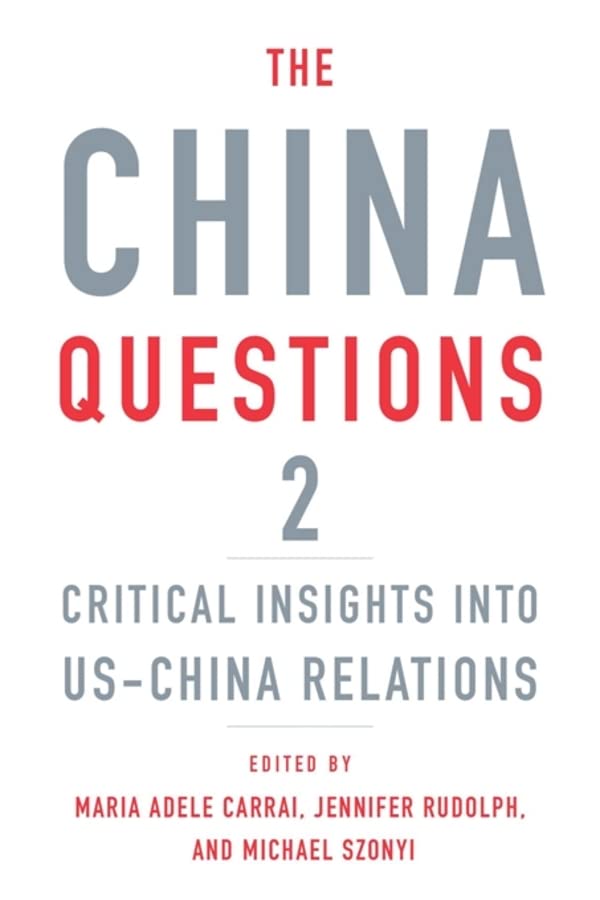

Most ebook files are in PDF format, so you can easily read them using various software such as Foxit Reader or directly on the Google Chrome browser.
Some ebook files are released by publishers in other formats such as .awz, .mobi, .epub, .fb2, etc. You may need to install specific software to read these formats on mobile/PC, such as Calibre.
Please read the tutorial at this link: https://ebookbell.com/faq
We offer FREE conversion to the popular formats you request; however, this may take some time. Therefore, right after payment, please email us, and we will try to provide the service as quickly as possible.
For some exceptional file formats or broken links (if any), please refrain from opening any disputes. Instead, email us first, and we will try to assist within a maximum of 6 hours.
EbookBell Team

4.8
104 reviewsFollowing the success of The China Questions, a new volume of insights from top China specialists explains key issues shaping today’s US-China relationship.
For decades Americans have described China as a rising power. That description no longer fits: China has already risen. What does this mean for the US-China relationship? For the global economy and international security? Seeking to clarify central issues, provide historical perspective, and demystify stereotypes, Maria Adele Carrai, Jennifer Rudolph, and Michael Szonyi and an exceptional group of China experts offer essential insights into the many dimensions of the world’s most important bilateral relationship.
Ranging across questions of security, economics, military development, climate change, public health, science and technology, education, and the worrying flashpoints of Hong Kong, Taiwan, and Xinjiang, these concise essays provide an authoritative look at key sites of friction and potential collaboration, with an eye on where the US-China relationship may go in the future. Readers hear from leading thinkers such as James Millward on Xinjiang, Elizabeth Economy on diplomacy, Shelley Rigger on Taiwan, and Winnie Yip and William Hsiao on public health.
The voices included in The China Questions 2 recognize that the US-China relationship has changed, and that the policy of engagement needs to change too. But they argue that zero-sum thinking is not the answer. Much that is good for one society is good for both—we are facing not another Cold War but rather a complex and contextually rooted mixture of conflict, competition, and cooperation that needs to be understood on its own terms.